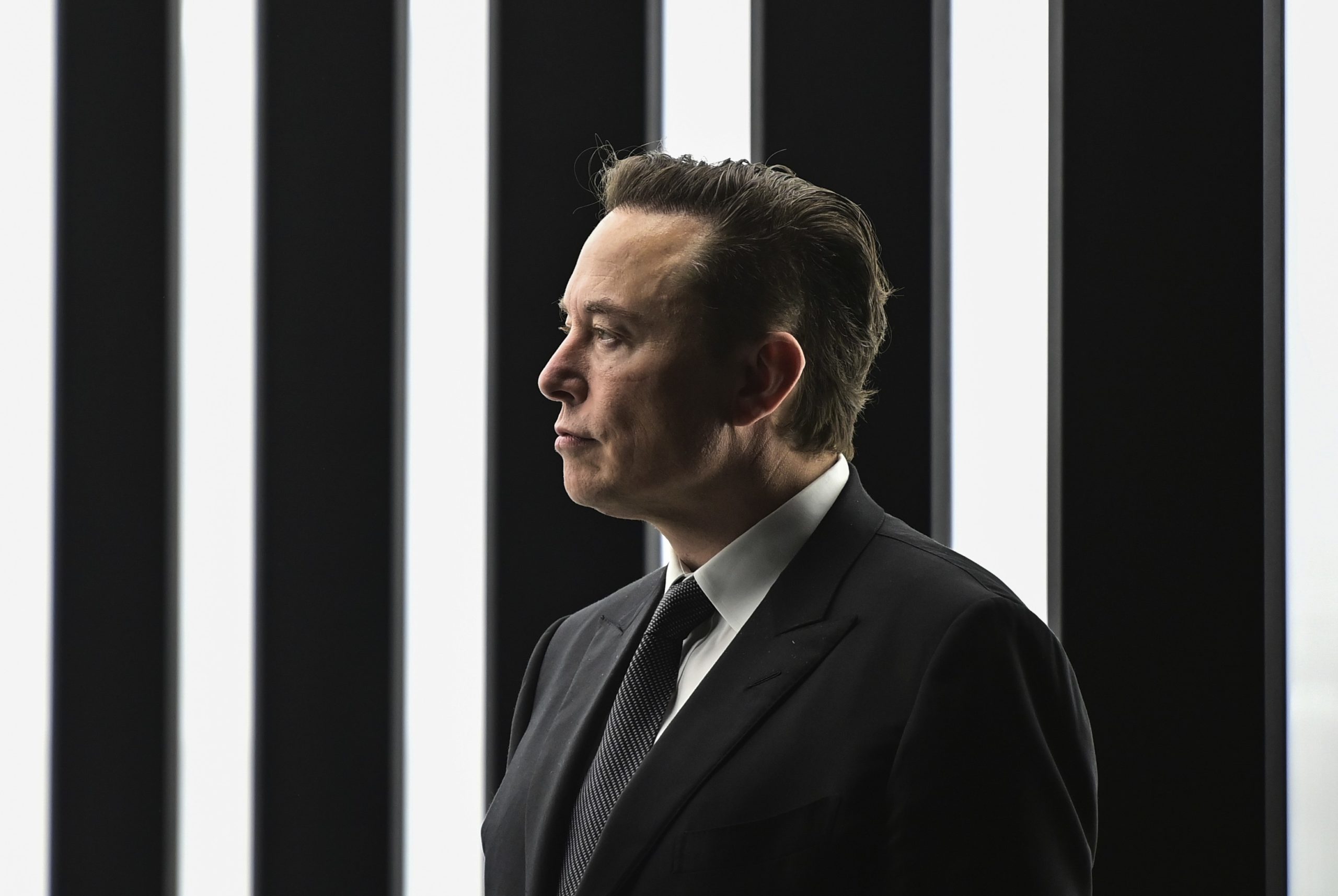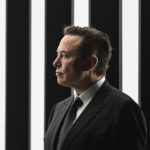Musk’s free speech plans for Twitter to face challenges from governments: expert

TORONTO — Canada and governments around the world could scuttle Elon Musk's plans to ease restrictions on Twitter in the name of free speech, say social media and anti-hate experts.
They believe Musk, a self-described "free speech absolutist" whose US$44-billion bid to take over the platform was approved by Twitter's board on Monday, will face several regulatory hurdles as he works to create "an inclusive arena for free speech."
Among the challenges are Canada's plans to reintroduce a bill aimed at reducing hate speech on online platforms like Twitter, and the European Union, which already warned Musk on Tuesday that the company must obey local content rules targeting harmful and false information.
"The broad sounding principles of free speech become much more complicated because one has to take into account questions around the types of moderation that are already happening ... and what different governments already do to put pressure on Twitter and how Twitter tries to respond to that," said Heidi Tworek, a senior fellow at the Centre for International Governance Innovation and a Canada Research Chairat the University of British Columbia.
"That will not just be a U.S. question. It will be an India question, an EU question, et cetera, et cetera."
Musk's bid to buy the platform still requires sign off from shareholders and U.S. regulators, but he has already tweeted that he plans to make the platform's algorithms open source to increase trust, defeat spam bots and authenticate all humans.
"But how much of it is publicity and how much of it is reality?" questioned Carmen Celestini, a University of Waterloo instructor specializing in religion and conspiracy theories.
"There are no borders online or on Twitter and so he will still have to meet the individual laws as they're being created."
With Musk's bid to take over Twitter not due to close until later this year, how he will tackle regulation is still unknown, but Tworek feels his approach is worth watching because Musk has engaged in alleged online harassment.
She cites incidents where Musk faced a 2019 defamation suit after he compared British cave diver Vernon Unsworth to a pedophile on Twitter and other times when he lashed out at journalists who criticized him.
Michele Austin, Twitter's public policy director for Canada and the U.S., faced questions from MPs on the public safety committee Tuesday about the potential impact of Musk. She said: "I can't speculate on what Mr. Musk may or may not do," adding that the deal was still going through.
At the same committee, Evan Balgord, executive director of the Canadian Anti-Hate Network, said Musk's takeover of Twitter was "an incredibly terrible development" and that the power he will have is very concerning.
Fareed Khan, founder of Canadians United Against Hate, feels Musk's track record coupled with his Twitter bid should have regulators, governments and Canada on guard.
"Putting complete control of one of the world’s most influential social media megaphones, with hundreds of millions of followers, in the hands of a man who believes in absolute free speech is dangerous, would have major negative social and political repercussions, and could lead to those with a huge Twitter following destabilizing societies if they chose to," he said, in a news release.
He pointed out that former U.S. president Donald Trump managed to incite attacks at the Capitol in Washington, D.C. in January 2021 with his tweets, after spending months on the platform to falsely claim the U.S. election was fraudulent.
"That happened under restrictions put in place by the current leadership of Twitter, so we can only imagine what might happen without any restrictions under Musk’s ownership," Khan said.
Though many believe Musk's ownership of Twitter will only attract more harmful material to the platform, Celestini said those posts are already proliferating the website.
Instead, she looks at the whole situation as if Musk were a "brilliant spokesperson" because of the hype he is drumming up for himself.
Because of his Twitter bid, she has seen people on the political left worried about being surrounded with extreme material online promoted under the guise of freedom of speech, but those on the right are feeling victorious and like they will get an avenue to spout their views.
"So what it's creating is this sort of moral panic and vindication on both sides of the political spectrum," she said.
"In some ways, we're falling into the publicity that he wants and creating speculation that fires up both sides."
— With a report from Marie Woolf in Ottawa
This report by The Canadian Press was first published April 26, 2022.
Tara Deschamps, The Canadian Press




